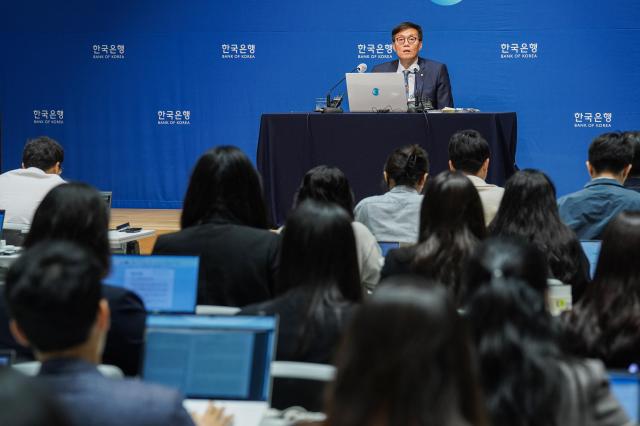Alarm bell rings for South Korea corporate bond market
By Park Sae-jin
Posted : December 11, 2015, 07:57
Updated : December 11, 2015, 07:57
South Korea’s financial watchdog body is looking at the rapidly cooling local corporate bond market with weary eyes a few days before the meeting of U.S. Federal Reserve to decide whether to implement a much-anticipated policy tightening.
The US Federal Reserve, which will hold its two-day policy meet starting December 15, has been widely expected to hike rates for the first time in nearly a decade next week, driving up yields in other markets such as Korea's.
Many South Korean companies are having trouble raising funds through debt issues due to poor demand amid unfavorable market conditions ahead of the anticipated U.S. rate hike.
In addition, the bond market has been hit hard by a corporate restructuring drive, which has spawned speculation that more companies might be allowed to fold. The government has urged banks to closely monitor debts that could sour, and identify as early as possible borrowers that might default.
Alarm bell is ringing loudly these days in the market for a potential spillover of a liquidity crunch as 4.5 trillion won (3.8 billion) worth bonds and commercial papers issued by the so-called ‘zombie’ companies that cannot repay interest on their debt would mature next year
In a meeting called to review the corporate debt market, the Financial Services Commission and the Financial Supervisory Service on Wednesday came up with ideas to encourage a recently created 550-billion-won pooled private pension fund to invest more into corporate bonds.
At the same time, public pension plans also would be allowed to tap in lower investment grade corporate bond market. The National Pension Fund and other social pensions would be allowed to invest in corporate bonds beyond the A-grade level instead to BBB+ or BBB grade.
The Bank of Korea has said that even if the Fed raises interest rates, South Korea's stockpile of foreign reserves and its huge current account surplus will shield the economy from immediate shocks. However, policymakers have been wary of possible risks that may emerge from vulnerable economies after any Fed rate hike is implemented.
By Alex Lee




